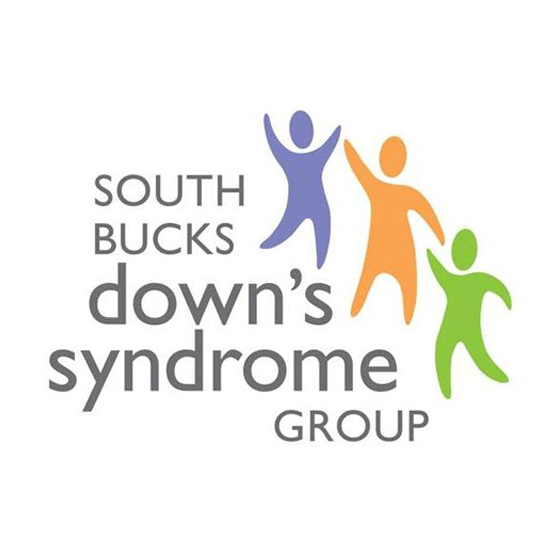Apps and websites are such an integral part of life for us all now. In this Blog, Julie and Lucy, specialist teachers from Inclusively Down share some of their favourites for supporting the teaching and learning of students with Down’s Syndrome. Please note that there is a cost for some of these resources.
Inclusively Down recommend the use, consideration and implementation of the DSI International Guidelines for the education of learners with Down syndrome, published July 2020. These are informed by and informing research, practice and policy Education | Down Syndrome International (ds-int.org)
Special iApps
www.specialiapps.org | Facebook/Twitter @specialiapps
Colin and Beverley Dean founded Special iApps in 2011 when they could not find any appropriate apps to support teaching him, taking in to account his hearing, speech and co-ordinations difficulties and wanting to find apps where the background was uncluttered, access was not hindered by poor fine motor skills and something which could be easily personalised to aid interest and motivation for use.
There are six apps to discover but our favourites are:
Special Words – which can be used to develop reading through the use of the Match, select and name method as well as work on expressive and receptive language, speech, fine-motor skills, and much more. It is an extremely useful tool for teaching new words including topic vocabulary for all ages. It is so intuitive, quick and easy to use and easily personalised to be meaningful to the child you work with.
Special Stories – can be used to make personalised books using any photos or pictures. These may be topic books, reading books, home school communication, social stories when teaching appropriate behaviours, transition books such as My new school and when preparing for change, a record of lesson content such as science experiments to revisit and revise for repetition and overlearning; the possibilities are endless! You can also transfer content between the Special Words app and the Special Stories app, to reinforce learning.
At Inclusively Down we have seen our pupils make measurable good progress with the use of both these apps, when incorporated as part of reading interventions with pupils aged 2-19. When learning to read, the motivation provided by personalised books about themselves or favourite characters or activities they have experienced adds a whole new dimension for our pupils with Down syndrome and with Special stories these can be provided so easily.
Inclusively Down recommends schools consider how they could use iPads more with their pupils with Down syndrome to support learning and differentiation, and definitely include the use of Special iApps!
Maths for life
https://www.mathsforlife.com
Maths can be a challenge for our children and young people with Down syndrome and often gets overlooked, or schools get ‘stuck’ with difficulty moving on. Our children can learn and can make good maths progress given the right teaching. The Maths For Life programme provides a differentiated approach to the maths curriculum that lays down solid foundations, is framed in practical understanding, and delivers the essential maths needed for life.
Maximising TAs research project
Inclusively Down recommend the easily accessible ‘Making Best Use of Teaching Assistants Guidance Report’ (Jonathan Sharples Rob Webster Peter Blatchford)
http://maximisingtas.co.uk/assets/content/ta-guidance-reportprint.pdf
https://maximisingtas.co.uk/resources/making-best-use-of-tas-eef-guidance.php and in particular the recommendations from this regarding Making best use of TAs. It contains seven recommendations to maximise the impact of Teaching Assistants in Primary and Secondary and provides a framework to help schools transform the way TA’s are deployed and supported, to help improve outcomes for both them and pupils.
The Making a Statement (MAST) Study on Pupil’s with SEND in year 5 http://maximisingtas.co.uk/research/the-mast-study.php together with the recently published new study focusing on SEN in Secondary Education http://maximisingtas.co.uk/research/the-sense-study.php form the largest observational research project ever conducted in the UK with pupils with SEND and make interesting reading for anyone teaching, supporting or including a pupil with Down syndrome.
Rob Webster’s thoughts on inclusion can be found in an easily accessible way on twitter @maximisingTAs. As we at Inclusively Down focus on in many of our training courses, the provision of 1:1 adult support can lead to the children who need the most teacher input, in practice receiving the least. We would encourage staff to look at appropriate flexible use of support versus one to one, deciding what is appropriate when. Many of the pupils we see receive funding for high levels of adult support and, when this is used effectively, it impacts massively and is crucial, not just to the success of an inclusive placement but also on achievement, developing positive interactions with others, developing independence and self- awareness as learners.

